Celtic and Nordic Paganism | What Are the Differences?
Celtic and Nordic Paganism, while both rooted in ancient European traditions, exhibit distinct characteristics and cultural nuances.
Celtic Paganism, originating from the Celtic peoples of Europe, encompasses a rich tapestry of beliefs, rituals, and deities. It emphasizes a deep connection to nature, with reverence for sacred sites such as groves, rivers, and hills. Celtic mythology is populated with gods and goddesses like Brigid, Lugh, and Cernunnos, often associated with natural elements and aspects of daily life. Druids played a significant role in Celtic society, serving as priests, scholars, and mediators between the mortal and spiritual realms. Celtic rituals often revolve around seasonal celebrations, such as Samhain and Beltane, reflecting the cyclical nature of life and the changing of the seasons.
On the other hand, Nordic Paganism, also known as Norse Paganism or Heathenry, originates from the pre-Christian beliefs of the Germanic peoples, particularly those of Scandinavia. Central to Norse cosmology are the gods of the Aesir and Vanir pantheons, such as Odin, Thor, and Freyja, who are revered for their prowess in battle, wisdom, and connection to natural forces. Norse mythology is characterized by epic tales of heroism, fate, and the end of the world in Ragnarök. Heathenry places importance on concepts like honor, hospitality, and community, with rituals often involving offerings to gods and ancestors, as well as the practice of seiðr and galdr, forms of Norse magic and chanting.
While both Celtic and Nordic Paganism share an emphasis on nature, mythology, and ancestral reverence, they differ in their pantheons, cultural contexts, and specific practices. Celtic Paganism tends to focus on the interconnectedness of all living things and the cycle of life and death, while Nordic Paganism often emphasizes the warrior ethos, fate, and the struggle against cosmic forces. Despite these differences, both traditions continue to inspire modern practitioners seeking to reconnect with their ancestral roots and the spiritual wisdom of the past.
-
 32:08
32:08
MRCERBERUS
4 months agoWhat is Celtic Paganism? - Celtic Culture, Celtic Animism, Celtic Polytheism and Celtic NeoPaganism
431 -
 3:29
3:29
BeautifulTheWorld
6 months agoNordic Mythology and its profound impact on art and literature
147 -
 0:57
0:57
iNorse Sagas🐺
3 months agoNorse Myths and Gods Trivia:🐺 Viking Lore 🗡️ Norse Saga 🦉#mythologylovers
21 -
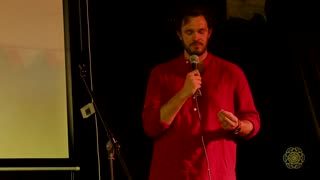 30:23
30:23
Explore & Expand Your Consciousness
7 months agoAncient Druids in Avalon | Celtic Spirituality
283 -
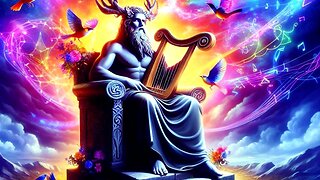 0:59
0:59
iNorse Sagas🐺
3 months agoNorse Mythology Quiz #2:🗡️ Embark on a Viking Sage ⛵️ #norsehistory
271 -
 0:58
0:58
iNorse Sagas🐺
2 months agoNorse Goddesses:🐺 Norse #mythology Trivia 🦉 #norsehistory #mythologylovers #historyvikings
18 -
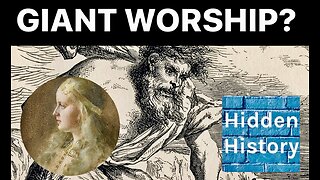 5:22
5:22
HiddenHistoryChannel
1 year agoViking beliefs: Did the Norse worship giants?
54 -
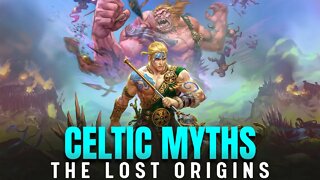 8:06
8:06
Mythical Madness
1 year agoThe Beginning of Celtic Myths | Mythical Madness
32 -
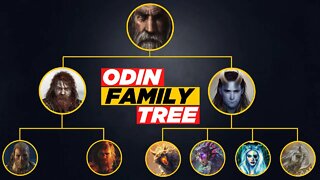 7:38
7:38
Mythical Madness
1 year agoOdin Family Tree Explained | Norse Mythology | Mythical Madness
81 -
 0:58
0:58
iNorse Sagas🐺
2 months agoNorse Mythology Quiz #3:🐺 Viking History🦉 #trivia #norse #norsepagan #norsehistory #quiz
24